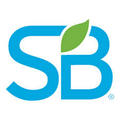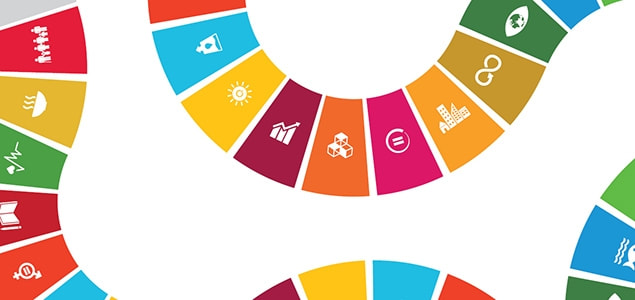|
Image credit: Metsä As more businesses make moves to align their operations and strategies with the Sustainable Development Goals (SDGs), the need for a common framework for reporting on the impacts and contributions of companies to the SDGs becomes more apparent. Developed by GRI and the United Nations Global Compact, with the support of PwC, as part of a three-year initiative established to encourage and assist corporate reporting on the SDGs, Business Reporting on the SDGs: An Analysis of the Goals and Targets aligns with companies’ regular reporting cycles as they work towards their SDG objectives. Launched at the UN Global Compact Leaders Summit 2017 during the UN General Assembly in New York, the report provides an inventory of possible disclosures per SDG at target level and is a first step towards a harmonized set of indicators and methodology for business to report on. A follow up document, A Practical Guide to Defining Priorities and Reporting, will be published in January 2018 and will offer a structured approach to help businesses prioritize and report on relevant targets, using the Analysis to drive action. Thousands of companies already use the GRI Sustainability Reporting Standards in their sustainability reporting and 75 percent of businesses participating in the UN Global Compact initiative have confirmed their intention to contribute to the SDGs in 2017. With investors increasingly interested in directing funds towards businesses that are leading the on responsible business practices, transparent and effective reporting has never been more vital. The Business and Sustainable Development Commission estimates that delivering on the SDGs could generate up to $12 trillion in revenues and savings as a result of new opportunities and efficiency gains. “The SDGs provide a unique opportunity to elevate communication on sustainability. The expectations on companies are huge. The UN Global Compact, the world’s largest corporate sustainability initiative, and GRI, the world’s leading organization for sustainability reporting, are very excited to take up this challenge,” said Lise Kingo, CEO and Executive Director of the UN Global Compact. “Our ambition is for business to use only one common standard for reporting on their performance on the SDGs, in line with the Ten Principles of the UN Global Compact.” There is currently no single methodology for measuring and reporting business progress and impacts on the SDGs. The Analysis and Practical Guide will pave the way for the development of a single mechanism and set of indicators, as well as the aggregation of relevant data across companies, enabling stakeholders to compare company information. They will also help businesses to better engage and communicate their contributions to the SDGs with governments and inform their sustainability reporting at a national level. The three organizations consulted with representatives from more than 70 stakeholders, including over 35 leading businesses across the globe, to inform the analysis. “The SDGs have ushered in a new era of global development objectives aimed at addressing the world’s most pressing problems from job creation and education to social and health protection while tackling climate change and environmental protection,” said Malcolm Preston, Global Sustainability Leader at PwC. “But while it’s widely acknowledged that active participation from business is key for achieving the SDGs, no common practice for corporate reporting had been established. Transparency is becoming a basic requirement for conducting business and we’re proud to have played a pivotal role in this groundbreaking research and international stakeholder engagement. It not only contributes to a common SDG language, but will help direct innovation, strategic leadership and capital towards achieving these vital goals.” 
Author This article was originally posted on www.SustainableBrands.com. Sustainable Brands is the leading global community of business innovators working to shape the future of commerce world wide, and a content partner of S-HUB. Comments are closed.
|
NEWSLETTER
Subscribe to our newsletter to get the sustainability articles sent to you every month. |
|
Follow Us
Contact Us
|
Want to learn more? |

